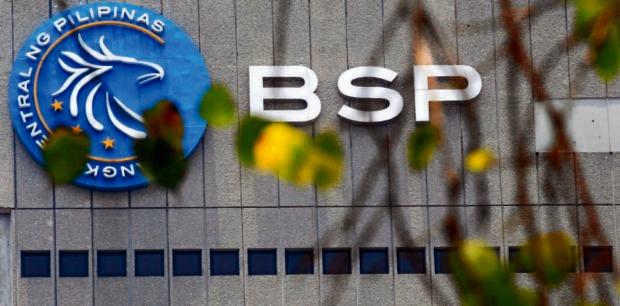MANILA, Philippines—The central bank’s crackdown on illegal money changers continued as it announced on Friday (Nov 12) that it had stopped the operations of five more fly-by-night money service businesses that were found to be operating in violation of registration and reporting rules.
In a statement, the Bangko Sentral ng Pilipinas (BSP) said its policy-making Monetary Board disqualified the companies which were all located in Makati City, four of them in the nighttime entertainment district frequented by foreign tourists.
According to the regulator, these five firms—as well as any other firms owned or controlled by their owners—are barred from registering with the BSP or obtaining a license from the regulator to engage in any activity that is authorized or supervised by the agency.
The five firms are Sam Money Changer owned by Sarwa J. Jalad; Tasneem Foreign Exchange (FX) Services of Nizzan Alih Fontelera; Zhamme FX Service of Fah’d A. Aynin; Junaidi Money Exchange Services of Gowa S. Mohammad; and Marygin FX Services of Jamier M. Yahiya.
The first four were all operating from different addresses in Barangy Poblacion, Makati City, while the last one was located in Pio del Pilar, Makati City.
“These money service businesses were found operating without prior BSP registration, in violation of BSP rules and regulations governing operations and reporting obligations of non-bank entities engaged in remittance and money changing or foreign exchange dealing,” the central bank said.
“The disqualification is part of the BSP’s efforts to crack down on unauthorized money service business operations,” the regulator added.
The latest closures brings to 10 the number of illegal money changers that were ordered to cease operations by the central bank this year.
Late in 2020, the Anti-Money Laundering Council — which is chaired by BSP Governor Benjamin Diokno — urged financial industry stakeholders to remain cautious and vigilant amid rising evidence that criminal elements have become more active due to the pandemic.
Diokno said proper know-your-customer and customer due-diligence procedures must always be conducted while clients’ risk ratings must be periodically assessed.
According to the dirty money watchdog, suspicious transaction report submissions for the period increased by 57 percent compared with the same months in 2019.
Of the total number of suspicious transactions, only 29 percent, however, occurred between the start of the lockdown in March until end of August 2020. Red flag submissions of electronic money issuers soared by 688 percent while those of pawnshops and money service businesses climbed by 51 percent.
TSB
